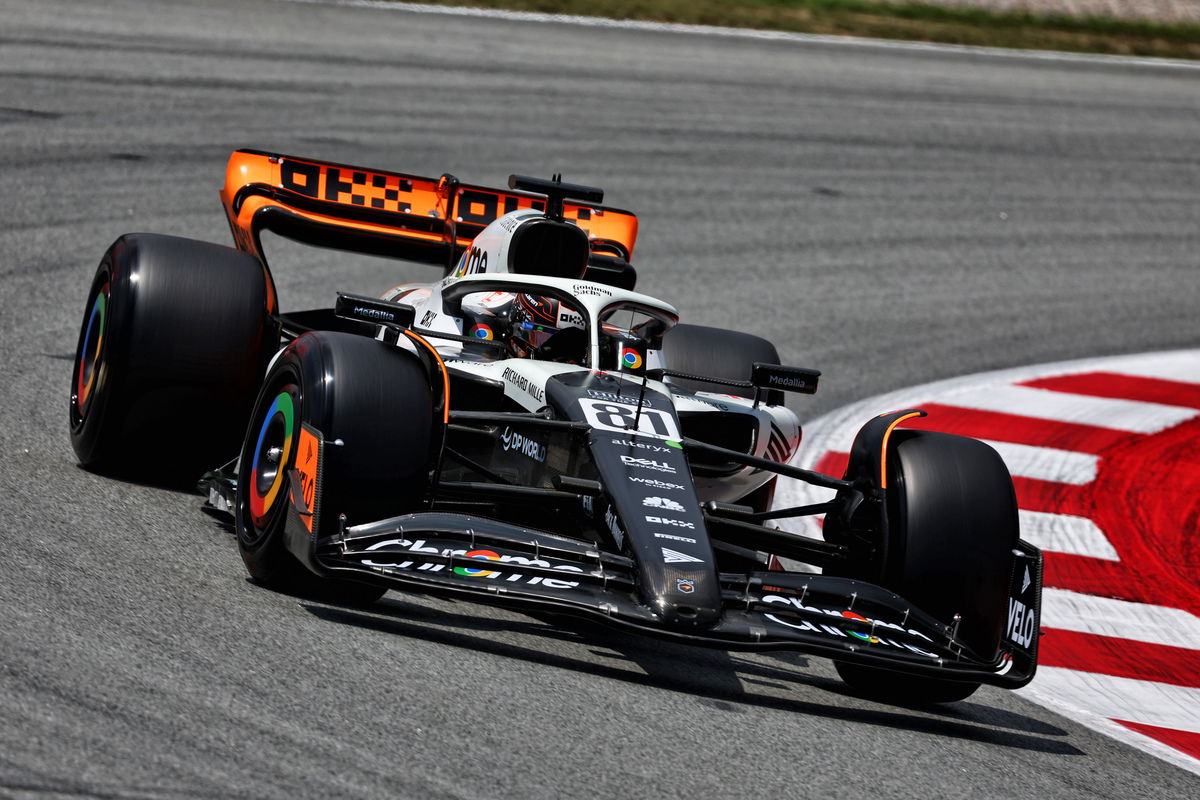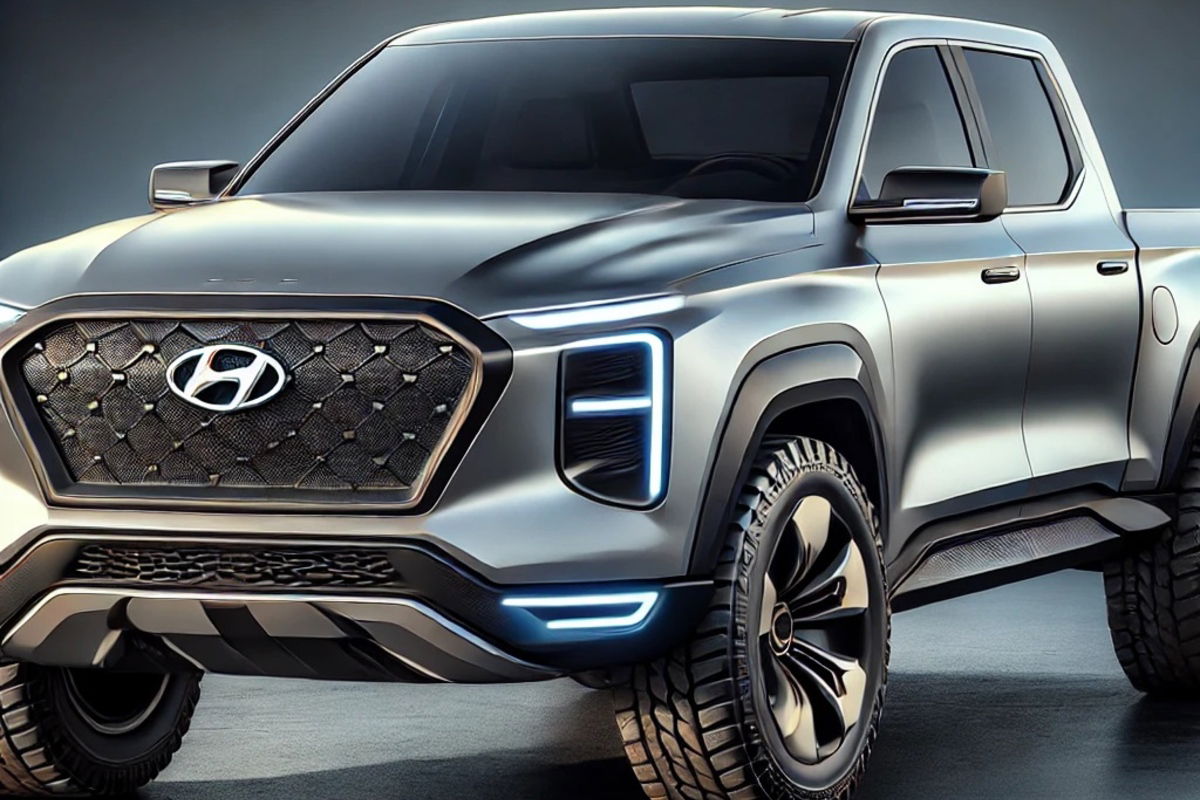

McLaren looks likely to continue its power unit supply deal with Mercedes when Formula 1 moves into its next era of engine regulations.
New rules will come into play from 2026 and bring with them an increased focus on electrical energy – up from around 20 percent of the current output to 50 percent.
Combined with F1’s switch to sustainable fuel, slated to be introduced at the same time, it has piqued the interest of Audi and Ford (with Red Bull Powertrains) and tempted Honda to reinvest into a programme it had opted against in 2020.
It creates a grid that will see those three marques join incumbents Ferrari, Renault, and Mercedes and create an environment where McLaren will be one of only three teams not to enjoy a works relationship, along with Williams and Haas (if one considers Scuderia AlphaTauri a pseudo-works RBPT-Ford outfit).
“There are three levels,” began McLaren team principal Andrea Stella.
“One is, ideally you are a works team, but with an established power unit manufacturer.
“Then there’s like you are a customer with an established [manufacturer].
“I think joining a new partnership, it comes with some elements of risk.
“In 2026, we want to be there,” he added.
“We don’t want to be saying like, ‘Okay, now we need two years because the project is too immature’ – we want to be there from a chassis point of view, and kind of sound from a power unit point of view.
“If I had to choose, I would always choose to be a works team, but don’t feel this is a fundamental differentiator to be able to win.”
McLaren was the works Honda team prior to their acrimonious split at the end of 2017.
Since then, it has used customer Renault and, more latterly, Mercedes power units.
Looking towards the next generation of power unit regulations, discussions were held with a view to returning McLaren to works status.
Zak Brown confirmed to Speedcafe that Audi was interested in a potential tie-up, but that would have seen the team have to relinquish too much control.
Conversations have been held with others, but extending the existing deal with Mercedes looks to be the favoured option for now.
“At the moment, if we look at our limitations, they have nothing to do with the power unit, I think they are much more fundamental,” Stella said of the team’s current position.
“That’s where I would like to keep the focus.
“And even when I think about aiming to improve from an aerodynamic point of view, or even to improve from a tyre point of view, I’ve seen the role of the power unit is even in terms of layout, and construction and so on, is really small.
“So I remain convinced that it could be one of the final incremental elements of differentiation but I don’t think there should be too much of a preoccupation.”




















Discussion about this post